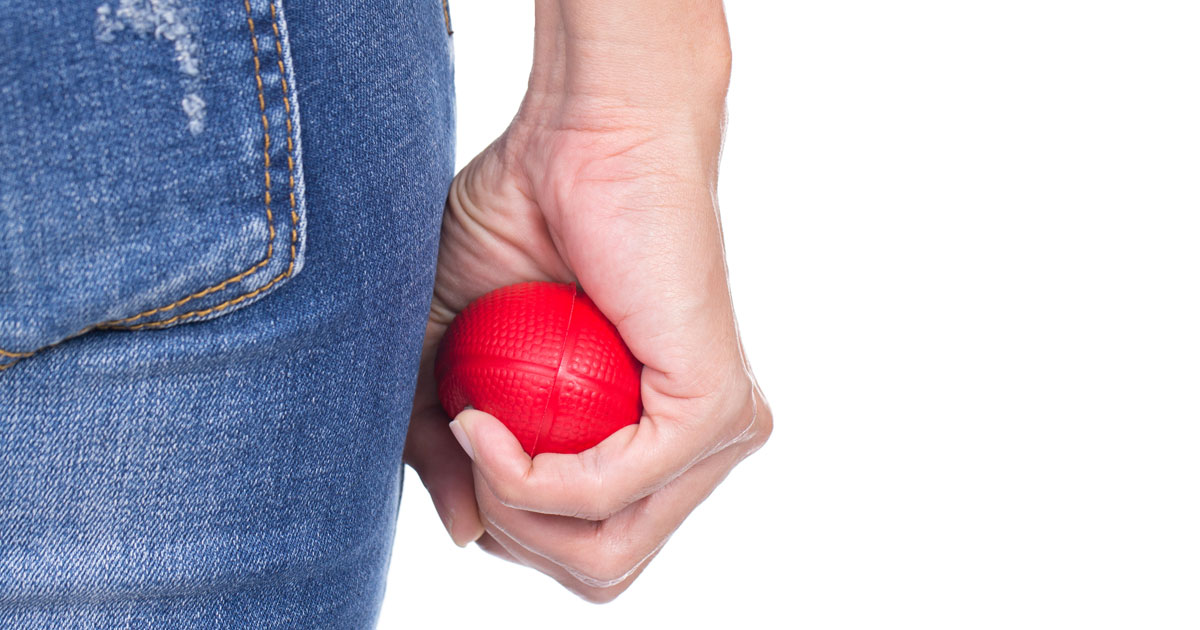I had to smile at this assignment, knowing the effects of stress on women all too well!
In my currently “cluttered” world, I’ve found that perpetual worrying and fretting over anything and everything has found me in a much less organized state than I’m used to. In fact, I had notes on this topic all ready to roll…until…I realized I had lost that notepad in my cluttered daily environment. For me, stress has brought me into that state of difficulty of keeping track of important things. (Google that, it’s a real thing!)
We’re all familiar with the most common physical symptoms of stress in women – low energy, more frequent headaches, daily aches and pains, even an impact on your libido – but there are significant emotional symptoms as well. For me, I see it in areas of organization and a sense of feeling overwhelmed, but many women find even the simplest decision difficult, often brought on by stress-related sleep issues (too much or not enough) which tend to leave our brains in a fog. The effect of stress on weight gain is a huge issue for women, as binge eating can become the way you handle difficult daily situations. Poor eating habits can show up in hair loss, and the condition of your skin and nails, turning the whole stress mess into a vicious cycle!
For younger women, stress can affect the female reproductive system – and therefore, fertility – because it alters the functioning of the hypothalamus, the gland in your brain that regulates hormones that tell your ovaries to release eggs.
All those scenarios alone are enough to make women truly want to get a better handle on the stress-inducing factors they face, but then there’s the career issue. Even if it is on a sub-conscious level, women often still find that a negative gender stereotype is present in the workplace, and whether they fully realize it or not, they are expending energy on that urge to prove themselves, when they could be focusing those thoughts more positively on an important project.
No matter where your stress starts, there’s no doubt that women deal with it differently than their male counterparts. Men are generally known for a “fight or flight” attitude towards stressful situations, while women see the difficulty as a chance to negotiate, or as we can all relate to, the golden opportunity to “fix” a relationship or situation that isn’t ideal. Women tend to nurture, even in the most stressful times, and reach out to others, even if it’s just to listen (girlfriends, am I right?). Yes, we may need a good cry, too, simply to get it all out, but we definitely want to talk about things afterward. Men are much more likely to wait quietly and hope the stressors of life will pass.
While those differences come as no surprise, the physiological reason for these behaviors isn’t as widely known. It’s all about hormones – the top three in the mix being cortisol, epinephrine, and oxytocin. Cortisol and epinephrine combine to raise your blood pressure during stressful situations, while cortisol – just on its own – lowers the effectiveness of the immune system. For years it’s been thought that women produce more cortisol than men, making them more emotional, but it’s actually the oxytocin that’s the catalyst. Oxytocin comes into play by releasing from the brain to counteract the other two hormones and eliciting more relaxed emotions. While men do produce oxytocin, it is in much smaller amounts.
The effects of chronic stress are serious, and not to be taken lightly, as finding yourself in a continual state of frenzy can actually cause elevated levels of cortisol and inflammation, which can damage major organs and systems within our bodies. Think regular exercise and a well-rounded eating plan to combat daily stress, as well as relaxation techniques which will always include heart-to-heart talks with your best girlfriends!



















